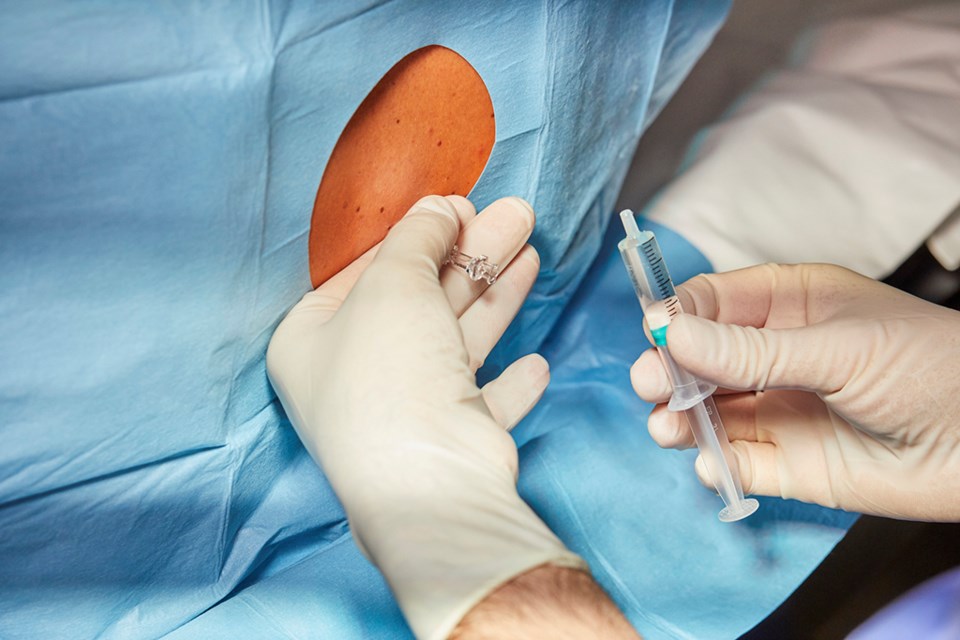REGINA — In response to a North America-wide shortage of epidural catheter kits, the Saskatchewan Health Authority is asking expecting families for their patience and understanding and to review pain management options with their care providers.
SHA says this supply-chain issue may impact the ability for care teams to provide labour epidural analgesia for pregnant women, epidural anesthesia for cesarean sections, and epidural analgesia and anesthesia for intraoperative and postoperative use in general.
These kits are used primarily by anesthesiologists to manage pain in women while they labour and deliver. They are also used to provide postoperative pain management for major abdominal and chest surgeries.
The SHA says it is working to secure further supplies and ensure care teams are optimally utilizing existing supplies.
During pregnancy, there are several medical considerations where the use of an epidural improves the health and well-being of both mother and baby. It is critical that supply is maintained to reduce risks for these patients. Alternative pain control methods include medications through spinal, inhaled, intravenous, or intramuscular injection. Pain may also be reduced through local anesthetic nerve blocks, therapeutic touch, breathing, and positioning techniques. Expecting parents are encouraged to discuss pain management options with their care providers in advance of delivery.
“The primary goal of the obstetrical care team continues to be safe and compassionate care for our patients, newborns, and their families,” said Dr. Joanne Sivertson, SHA Provincial Department Head, Obstetrics and Gynecology. “We are committed to working as a team to provide therapeutic management and pain control that is individualized to the needs and goals of the patient. We are working to ensure equitable access to pain control and to resolve this issue as quickly as possible. We are keeping your care providers informed as developments occur.”
“Our patients are at the centre of everything we do,” said Dr. Mateen Raazi, SHA Provincial Department Head, Anesthesiology. “We are committed to the best possible stewardship of the resources available to us in these challenging times in order to provide the highest quality care for our patients. There are many ways we can help with safe and effective pain management for our patients having surgery and for our pregnant patients in labour.”
For more information on methods of pain control during labour and delivery, please visit .



